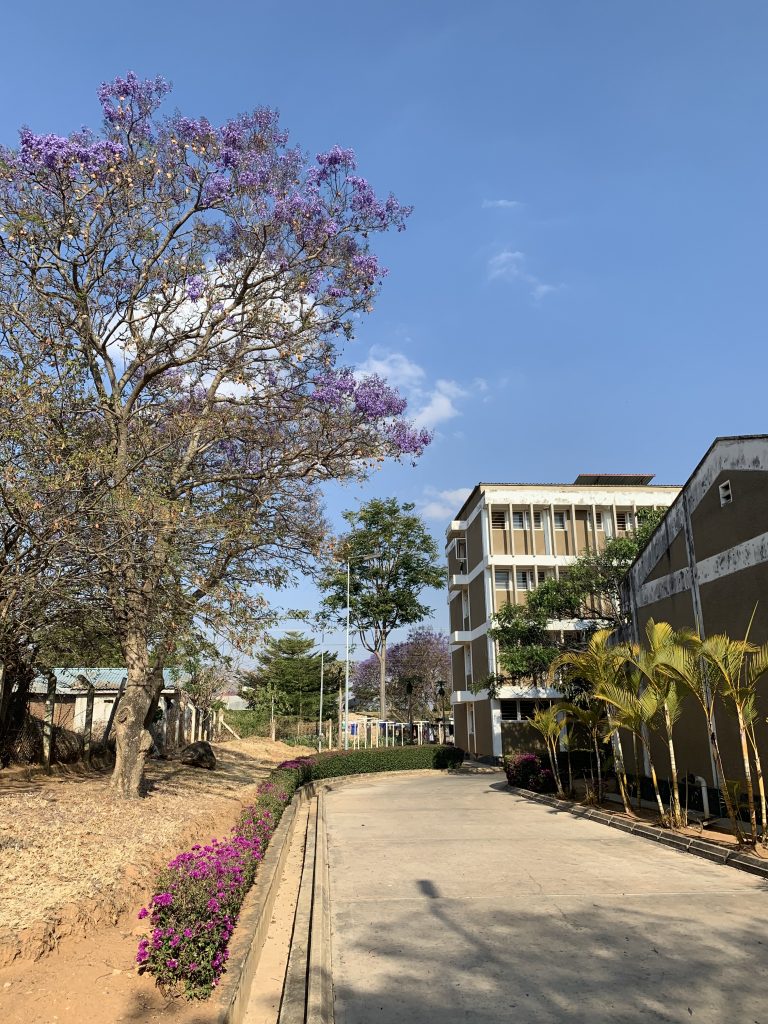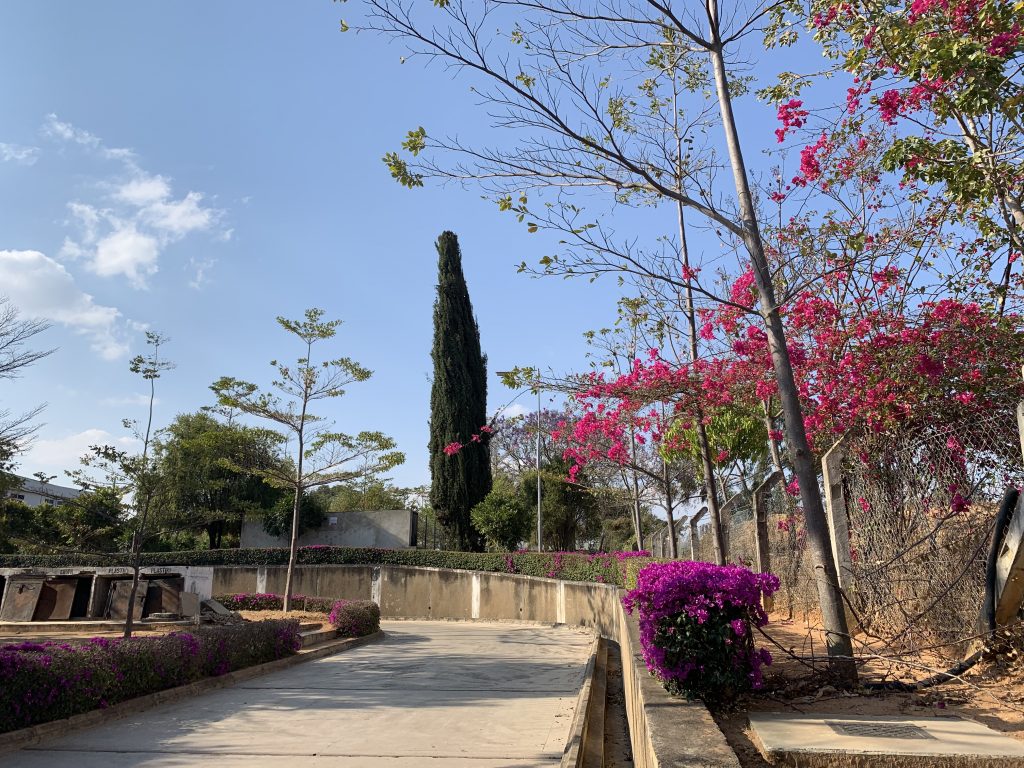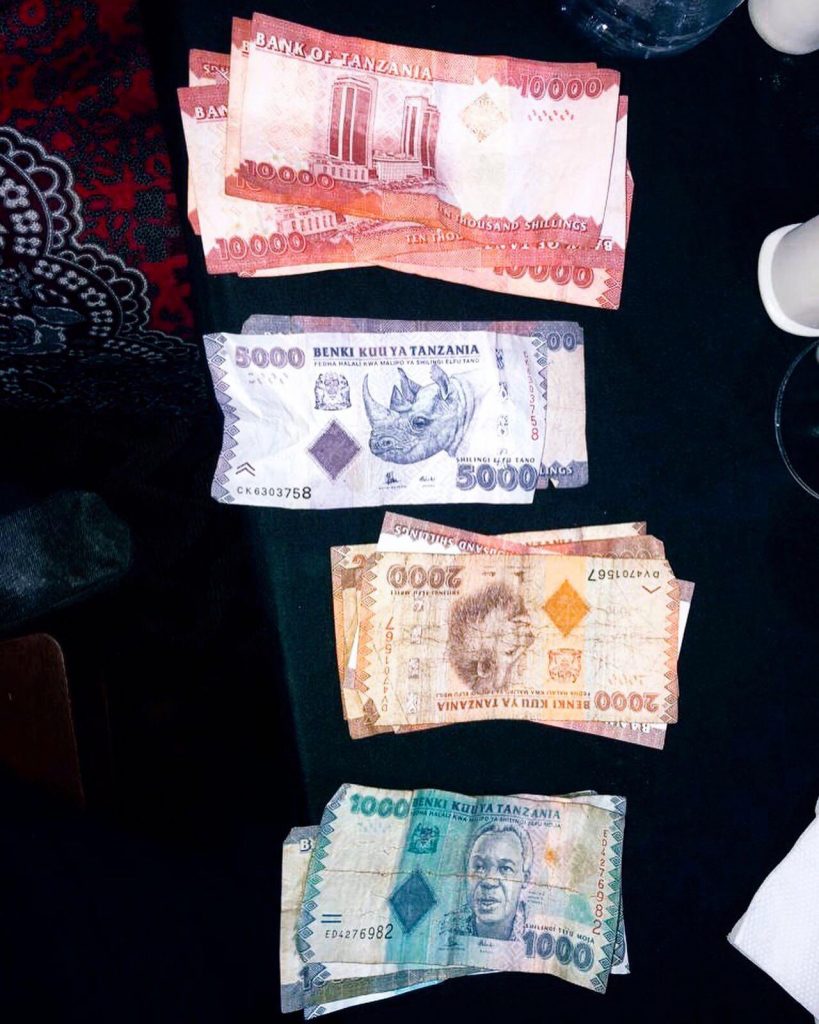I think it goes without saying that East Africa is a very different place from West Michigan and the U.S., in general, and this is something I knew coming in to my study abroad experience. However, I wasn’t sure in what ways specifically, but I am quickly learning. A lot of cultural differences can’t be taught, they simply are learned through experience. Here are a few of the cultural differences I’ve noticed in Tanzania and the humorous ways I’ve discovered them.
- Volume. Tanzanians don’t have much regard for noise- in fact, it seems the louder the better. For instance, the Tanzanian girls in my dorm will have long conversations, yelling in Swahili, while standing on opposite ends of the hallway- often at 3 a.m. Falling asleep to the sound of a language you don’t yet understand makes for some interesting dreams! Yelling also happens constantly out on the streets, and sometimes in restaurants too. Honestly I haven’t quite figured out why this is a norm here yet, but to Hope College Res Life: thank you for quiet hours- I regret taking them for granted!

- The sacred right hand. To do any task with your left hand, especially shaking someone’s hand, is considered very disrespectful because many Tanzanians use their left hand to help with post-bathroom cleaning. Toilet paper is considered a luxury here and my dorm, and many public restrooms, don’t supply it so I have to buy my own personal supply. I carry it under my arm for a 10-minute walk across town back to my dorm. This makes for some strange looks, but also reminds me to be mindful when I meet people!
- Don’t sit on the ground. Again, I haven’t been here long enough to learn why, but Tanzanians rarely ever sit on the ground unless they are begging or selling items along the sides of the street. To be sitting on the ground in a normal setting means that you are in need of serious help, can’t stand, and someone should call an ambulance. My friend learned this when she was sitting on the grass on our campus and a few Tanzanian students quickly approached her very concerned about her well being- which also means that, unfortunately, there is no equivalent to the pine grove on my campus, because there are simply not enough ambulances in Iringa for that.

While there’s no pine grove- there are these purple trees blooming everywhere that I just love because purple is my favorite color! 
Grateful for the colorful details added to RUCU’s campus!
- Greetings. Tanzanians LOVE to greet one another! One of my first nights in the dorm, I met a girl in the community bathroom and we bonded over our face wash just like any freshmen girl would (I’m low-key loving reliving my freshman year through this experience). My new friend said she would come to my room to greet me (basically meaning chat and hang out) and my roommate sometime. After talking for a while, I said goodnight to her and went back to my room and climbed in bed. Within two minutes, suddenly our door flung open and it was my new friend there to greet us! (Having your own private space isn’t much of a thing either- no worries, we lock our door when we leave). I enjoy this openness a lot because it makes meeting friends here easy. When Tanzanians greet one another, it is not just a simple, “Hello, how are you?” Instead, it is a long series of greetings that goes something like this:
- Mambo!- What’s up!
- Poa!- Not much!
- Habari!- How are you?
- Nzuri.- Good.
- Salaama? – Are you at peace?
- Salaama.- I am at peace.
- Habari za nyumbani?- What’s the news in your home?
- Nzuri- Its good.
- And, it often continues on further. Something interesting to note is that there’s not really a way to say “no” or “bad” in a conversation like this- which is just one display of how outward negativity is not a norm here. Extensive greetings are also just one way for Tanzanians to show how highly they value relationships in all settings.
- Shillings. Tanzania uses the Tanzanian shilling as a form of currency. One dollar equals 2,277 shillings. So 10,000 is a little less than $5- the rule of thumb is to drop three 0’s and divide by 2, and then take a little bit off of that, and that’s your dollar amount. When my group of 9 goes out for dinner together we can rack up a bill of 80,000 shillings, which seems like a lot, but in reality is about $40. Food is very cheap here; I can get an omelette with a cup of coffee for breakfast for about $2.50! My group jokes around a lot about how we feel like we are living in total luxury because often times we can order an appetizer, an entrée, and a drink at a restaurant for a really affordable price.
While many of these cultural differences still feel a little foreign to me, with each passing day they seem more normal. I anticipate and embrace the often funny moments that reveal them to me.


